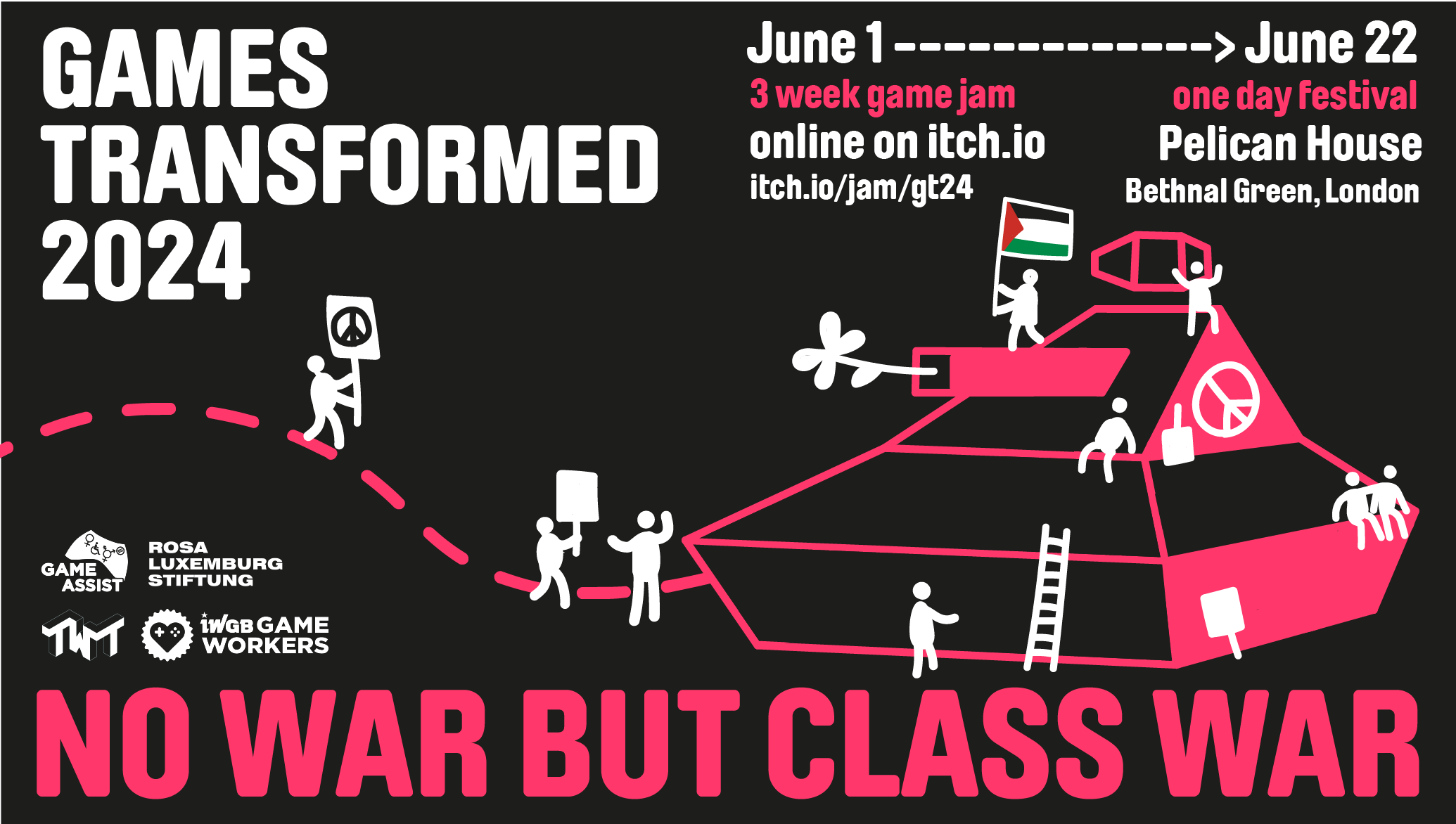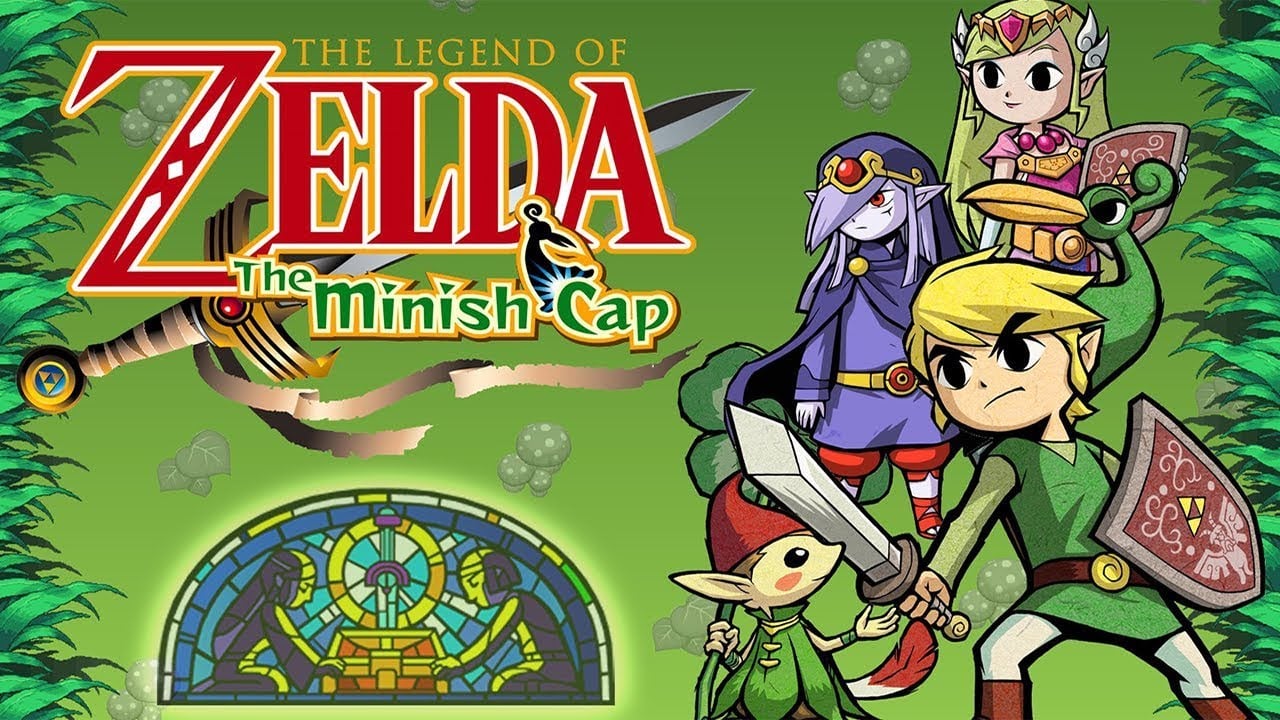Se [Fabiano] aprendesse qualquer coisa, necessitaria aprender mais, e nunca ficaria satisfeito.
Hans Asperger was a Nazi collaborator.
I had a great idea, what if we tried to do science, but with data??
- 95 Posts
- 490 Comments

 5·1 month ago
5·1 month agoAnybody got links to this leak? Asking for a friend.

 14·2 months ago
14·2 months agoRice and beans and rice and beans and rice and beans.
Lots of beans and bean-like foods (chickpeas, lentils, peas, soy beans) can be made into a variety of shapes. If you have a pressure cooker you can even cook them relatively quickly in mass and freeze most of it for later. No idea how much that costs in your country, but it’s supposed to be cheap.
You can just make regular bean “soup”, or you can “fry” them in a pan (specially lentils). You can eat chickpeas like popcorn or you can mix them with flour and something sticky (overcooked rice if vegan, egg whites otherwise) and make burgers. Just remember to put something oily like olive oi or butter for taste.
You can also do some really low-nutrition despair foods by mixing wheat flour, salt, water and butter, and frying that in a pan. It’s not healthy, but it’s filling and easy to make, tastes like bread. But of course, if you add to this you can make other cool stuff like pancakes (less salt, lots of sugar, baking powder).
All of the fried stuff get a very homogeneous consistency so they might be fine for your sensory issues.
On the matter of taste, you just need a lot of seasoning.

 4·3 months ago
4·3 months agoI really love birds, so it’s hard to choose one. So I’ll choose two.
Here we have the Anu-Preto, it looks like an angry chibi crow.

And also the Biguá, which looks like something out of a dinosaur movie. But don’t be fooled, he’s tiny.

But all birds are beautiful, specially weirdo tropical birds.
The United States is not Ukraine’s only ally, but it is the only one with the willingness and means to supply Ukraine’s war effort. Many European nations lack a political tradition of arming other countries. They have sent Ukraine some impressive weapons, like German tanks and Swedish shoulder-fired missiles. But “they cannot pump out munitions,” Julian said. “They cannot produce large numbers of artillery shell rounds — the No. 1 thing Ukraine needs.”
This whole paragraph is truly a piece of Yankee writing.

 5·4 months ago
5·4 months agoThe year is 2224, all of humanity is fractured between two factions: those who write in Emoji (Traditional) and those who write in Emoji (Simplified)
The big point: she seems to enjoy your friendship despite there being no romantic interest, so you shouldn’t feel too bad.
The small points (which my just be me projecting my own quirks on her, but bear with me)
Anyways, our friend group went on a vacation back then and I tried to kiss her towards the end of it which she just kind of pushed me away.
I don’t know how it works in your culture, but in my experience people are pretty okay with being asked if they want to kiss beforehand. I know movies make it look like it’s always some spontaneous single braincell situation, but it’s usually way easier that way in parties or whatnot.
Might be worth a try with other future crushes, a “no” may still sting, but won’t keep you awake in dread late at night. The power dynamics are also flipped into something much more manageable.
I’m also scared that I’ll never find somebody and my time is running out
I’m assuming from you still having friends from high school times that you’re not over 45. No, there is no such thing as “time running out”. Take your time and enjoy it, be it with friends and dates, but you absolutely don’t need to conform to some notion of having specific age slots for doing romance (or that you even need romance to be wholly happy in the first place).
If you like somebody and they like you back, cool. If not, you’re not “adulting wrong” or anything like that.
I then decided to shoot my shot and ask her out for dinner.
Going from the way you’re telling it, I want to at least congratulate you on having managed to ask, even if it ultimately a “no”. It can be really stressful and from the way you describe it was a comfortable interaction.
What am I supposed to do? Try to forget about her or keep taking it slow? I feel like her response was quite clear and I don’t want to annoy her anyomre if the feeling isn’t mutual but then again I can’t imagine there are no feelings at all on her side and feel like I shouldn’t give up on it yet.
I don’t speak neurotypical, but I think you got a “no”. Whether it was because of inconvenience or whatever else, that’s what you got. In fact, if you think your intentions were clear (and since you said she was pretty smart), you can assume that she understands you’re interested in her.
That means you should do: nothing.
If she reciprocates but was constrained by whatever, it’s in her court now.
If she doesn’t, well that’s that and you can enjoy the friendship if you can.
It also strangely made me glad I don’t do “interpreting” or subtlety. People are told upfront what I want to say, no “did they notice it was a date invitation” horror.
Personally, I think banging hard on the ‘GPT-4 is AGI angle’ is a really mistaken line of argument and it’s a huge weakspot in their case.
I also agree, but on the other hand it’s going to be really funny seeing them backpaddle their self-aggrandizing nonsense in order to not lose a trial.
“Our AI is quite dumb really, the technical term is weak AI, we’re actually pretty far from any actual intelligence in our company.”

 7·4 months ago
7·4 months agoWhenever I’m stressed I get some very scary and vivid nightmares of being attacked by large dogs.
But other than that I also constantly have very realistic and boring dreams that feed me inconvenient false information.
Just the other day I completely dreamed up a couple of comments from a colleague about a project, and was very confident that they actually had said that until I went back in the message history to double check.
The worst dreams are the ones that follow you while awake.
 3·4 months ago
3·4 months agoRyujinx will still exist, and is much more stable in my experience.

 4·4 months ago
4·4 months agoI agree, but it somehow took me by surprise a CIA (or ex-CIA) person would use their own personal Twitter account to engage in twitter fights.
You’d think the intelligence guy would be a bit more savvy about how to use social media pseudonymously.

 18·4 months ago
18·4 months agoMovie AI apocalypse: Skynet takes over every computer on the internet and nukes all urban centres
Real “AI” apocalypse: clueless general asks a probabilistic chatbot what to do every day, accidentally starts war

 3·4 months ago
3·4 months agoI think Parthia counts as one of the biggest competitors during the rise period, but during the decline period they were already the replaced by the Sassanids (I’m not acquainted the internal details of how that happened).
But like Axum, neither were ever in a position where they could capitalise on the failing Roman grasp in the Northwestern Mediterranean (nowadays called “Europe”). So the pressure they applied was in the frontiers rather than the direct blows to the core of the Western Half by the Visigoths and Vandals and such.
Geography severely restricted them in a way that can’t restrict China from forming economic alliance with the USA’s plundering grounds, so that was the gist of what I was referring to.
But after the fall of the West, the Sassanid empire became the biggest imperial rival for Rome until the Muslim expansion made them look like rump states. So in a very contrived way, one could say Iran was always (Imperial) Rome’s biggest opponent, but sadly there was no Iran in Britain.

 5·4 months ago
5·4 months agoMakes sense. I didn’t quite understand what you were referring to, so the reply was a bit kneejerk. I wonder if there’ll ever be a “low pay” situation for the MIC, though. It seems to be the only thing the US ever bothers to fund.
Your point regarding BRICS makes a lot of sense too. I don’t think Rome ever had any equal competitor after Carthage like China is to the USA. Most comparable empires were too far away to “steal” Roman support. Best I can think is Axum or the Sassanid Empire, but they’re too far from the Mediterranean. Imagine the impact of something like BRI but for western Latin America.
I still think it’s risky to compress the Roman timeline when it comes for ideological and policy decisions, moreso due to how it simplifies a lot of the nuance and ebb and flow of history. It’s so much time, with so much happening and so much surviving history, that it’s easy to cherrypick specific events to create one specific narrative.
So for example, much as I agree that not being able to maintain their professional non-citizen army created the conditions for (at least) regime at multiple points in Roman history, I also think that promising citizenship for alliances during the Social War was critical for Roman victory against the rebelling tribes, and drove a wedge between them.
And it may be my Byzantophile heart speaking for me, but given the East remained fairly strong up until the 7th century (and almost retook Italy under Justinian I in the 6th), I’d say that was actually just the new core for the Empire rather than “parts of” Rome.
I remember reading something about how the Roman economy was already being redirected from Italy and Iberia to North Africa and Anatolia, but I can’t confirm it with a source right now. But a good proxy is how many post-Hadrian senators and Emperors wrote in Greek rather than Latin.
Overall though, I agree with your points and am just being pedantic.

 111·4 months ago
111·4 months agoAt what point are you referring here? Rome had struggle sessions about citizenship for military service since even before the Empire, with a notable example being the Social War, which ended with the extension of citizenship to allied tribes.
Non-citizen armies were already a thing since the early Julio-Claudian period. And doling out citizenship for “good service” was a practice as long as citizenship itself in Rome.
One could hardly call that a “main factor” to the fall if it was so present during Rome’s rise in the first place, unless they severely compress the timeline. In fact it’s a common technique by modern racists to try and equate Roman non-citizens and “barbarians” with modern USA immigrants, and pin the whole fall of (Western) Rome on trying to incorporate those “migrants”.
It’s worth remembering that the entirety of Rome’s “Fall” historiographical section is usually some 250 years in length, about the same as the entire history of the USA.
And even after the dissolution of the Western Half by the Odoasser coup, Eastern Rome still kept trudging along for almost a thousand years And for most of that time they employed foreign mercenaries and soldiers, either from unincorporated regions of Anatolia, or later on from the region that eventually became the Kievan Rus’, who were given privileges. Two notable examples are the Isaurian-born emperor Zeno and the Varangian Guard.
Maybe I’m a bit over-serious when it comes to Rome, but I think it’s important to not be fall into anachronism to criticise the current Empire.
This current development could be taken as a proxy of a sign of desperation to get new recruits. It could also be an useful tool to groom loyal “good migrant” future citizens, to create more splits in migrant communities and prevent class consciousness. I would argue it worked out very well for the Roman regime in many parts of their history.

 25·4 months ago
25·4 months agoThe other, called Wagemole, sees threat actors pretend to be jobseekers as part of a ruse aimed at both financial gain and espionage.
That’s just called an “internship”.

 14·5 months ago
14·5 months agoIt’s been so bad that life expectancy has been dropping since 2019, linked heavily with suicide and opioid addiction.
Best part is the only Democrat primary candidate to even mention it was Mathman Enlightened Centrist Andrew Yang of all people. Tens of thousands of people kill themselves each year, and all they get is a suicide hotline and an “I voted” sticker to “defeat Donald Trump”.

 30·4 months ago
30·4 months agosurprising reasons
It’s the material conditions of working class Statesians again. How surprising.
I hate how suicide is treated as some mysterious issue by the bourgeois media. How hard is it to think that maybe making life easier and worth living would make more people want to stay alive?
Every time a liberal politician says “we have to be practical” about implementing basic social welfare such as higher minimum wage or universal healthcare, remember that they are explicitly weighing the amount of people who will die or kill themselves without those things.
As one author puts it:
“Suicide hotline crisis numbers and efforts to help people at the individual level are all amazing and necessary, but our work shows that higher-level, institutional interventions are also critical in addressing this crisis,” said Simon. “Giving a person a job or proper health care can also be a suicide-prevention tool.”
If anybody has access to the paper, could you upload it somewhere and give me a ping? I really want to read it, but it’s not in the sci-hub yet.Managed to get access, here’s the paper in catbox.















Retroarch on android is free and doesn’t have ads, not sure what you’re on about. Also, OP is specifically asking about handheld devices.